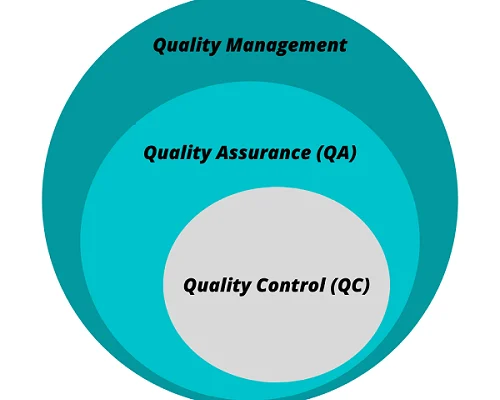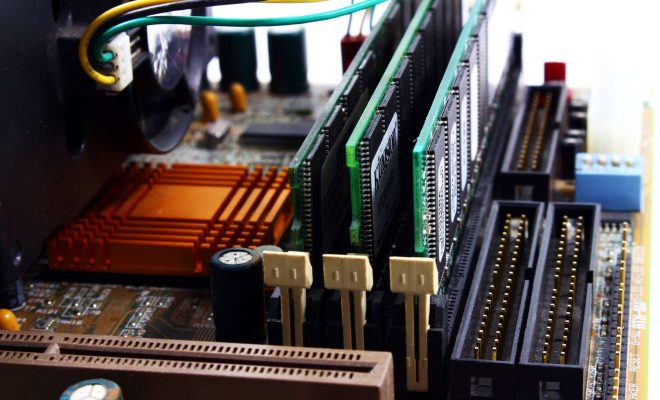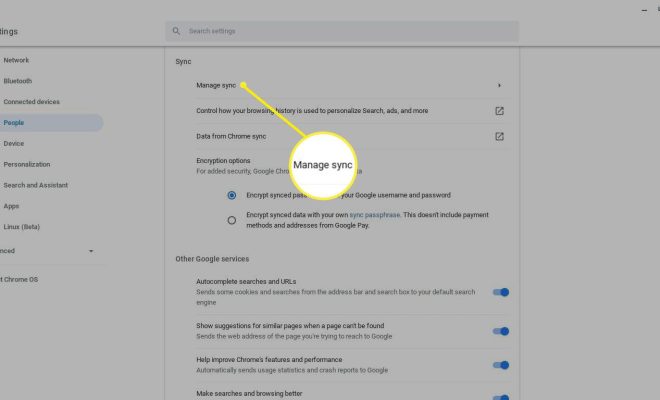What is Quality Control (QC)?

Quality Control, also known as QC, is a critical aspect of any manufacturing or service-oriented business that ensures products and services meet the prescribed quality standards. It is the process of checking, monitoring, and controlling the quality of products or services so that they meet or exceed customer expectations.
The purpose of QC is to ensure that products and services meet the required level of quality and conform to the specified standards. QC involves a range of activities such as checking for defects, reviewing production processes, verifying product specifications, and taking corrective action to rectify any quality issues.
There are two main types of Quality Control: in-process and end-of-line. In-process quality control occurs during the production process and is used to identify defects or issues before the product is completed. End-of-line QC occurs after the product is completed and is used to ensure the product meets the required quality standards before it is shipped to customers.
Another important aspect of QC is quality assurance. It involves the planning and implementation of processes that ensure products or services meet or exceed customer expectations. Quality assurance is proactive and focuses on preventing quality issues from occurring in the first place. It involves establishing quality standards, developing processes that meet those standards, and ensuring that those processes are followed consistently.
Quality Control is crucial in ensuring customer satisfaction, reducing waste, and increasing efficiency. It helps businesses to identify defects early, which reduces the cost of rework and repair. By consistently enforcing quality standards, businesses can build a reputation for producing high-quality products or services, which can lead to increased customer loyalty, repeat business, and positive word-of-mouth advertising.





